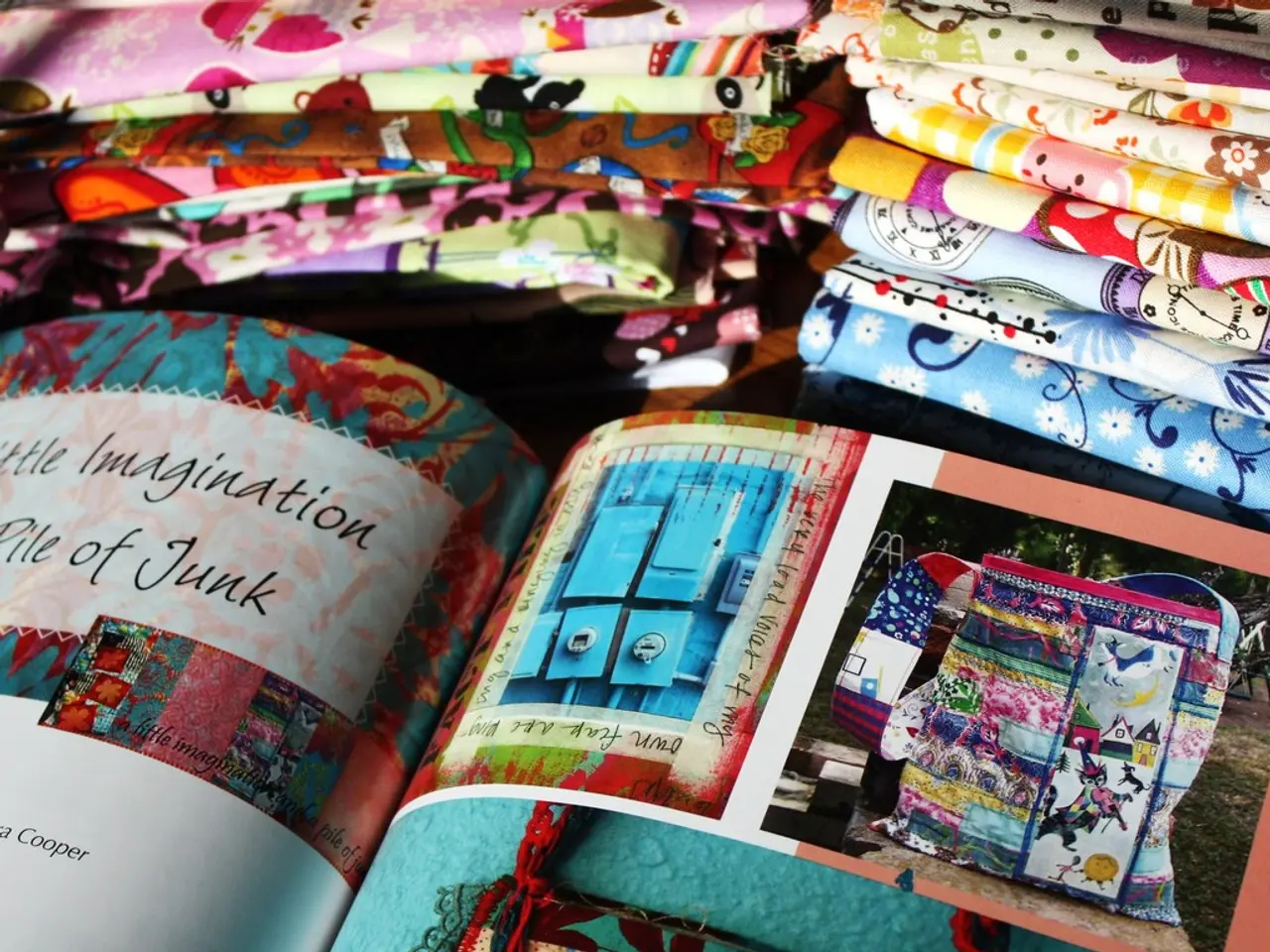Insights into the Mental Strategy of Effective Decluttering
Decluttering your home can seem like a daunting task, but psychology offers strategies to help build self-efficacy and set you on the path to success. Self-efficacy, the belief in one's ability to change one's environment and habits, is crucial in achieving decluttering success.
Start with Small Wins
Begin by tackling manageable tasks, such as decluttering a single drawer or shelf. This actionable step demonstrates that you can change your surroundings, helping rebuild trust in yourself and reinforcing the belief "I am capable."
Align Decluttering Goals with Your Values
Reflect on what truly matters to you, rather than external expectations. Connecting your decluttering goals to your personal values fuels motivation and helps sustain effort, as the process feels meaningful.
Reduce Distractions for Better Focus and Motivation
A clutter-free space improves concentration, making it easier to start and complete tasks. Enhanced confidence in managing your environment follows, further boosting self-efficacy.
Practice Mindful Reflection and Self-Awareness
Tune into your feelings and identify obstacles or limiting beliefs about decluttering through journaling or observing your inner critic. Separating negative self-talk from your core identity can reduce self-doubt.
Organize with Structure
After decluttering, sort remaining items into categories and organize them into zones. This creates order and a sense of control, reinforcing that you are capable of managing your space effectively.
Mastery Experiences and Vicarious Experiences
Achieving small, manageable tasks builds confidence in decluttering, while learning from others' experiences can boost confidence and motivation. Seek out workshops, webinars, blogs, YouTube channels, or social media accounts of people who share their decluttering journeys and advice.
Create a Positive Environment
Surround yourself with an environment that promotes positivity and productivity. Engage in mindfulness practices like meditation or yoga to maintain a positive and calm mindset.
Seek Support and Encouragement
Participating in online forums or local groups focused on decluttering and minimalism can provide shared experiences and tips. Don't hesitate to seek support from friends or family members who can offer encouragement and accountability.
Professional Guidance
For those who prefer structured guidance, working with a professional who can offer verbal encouragement throughout the decluttering process may be beneficial.
By managing your emotional state and creating a positive environment, you can enhance your self-efficacy and make the decluttering process more manageable and enjoyable. Self-efficacy, a concept introduced by psychologist Albert Bandura, significantly impacts behavior and success in various tasks, including decluttering.
- Embrace minimalism as a lifestyle by reducing clutter in your home, enabling your family to live in a cleaner and more organized space, which in turn fosters a healthier and more serene home-and-garden environment.
- Start a blog documenting your decluttering journey, sharing tips, insights, and progress with a supportive community eager to learn from your experiences, fostering your own accountability and growth.
- Enroll in a decluttering course to gain valuable insights into practicing mindful organizing, implementing strategies that create an efficient use of space and reduce distractions, thereby improving focus and motivation.
- Incorporate decluttering into daily routines as a form of self-care, making small, consistent efforts to maintain a clutter-free home and cultivate a mindset that values simplicity.
- Create designated zones within your home for specific items, using storage solutions that optimize space and allow you to easily access essentials without contributing to visual clutter.
- Seek advice from professional organizers or interior designers who specialize in minimalism, collaborating with them to tailor decluttering plans that cater to your unique needs and circumstances, ultimately enhancing your living space's aesthetic appeal and functionality.



